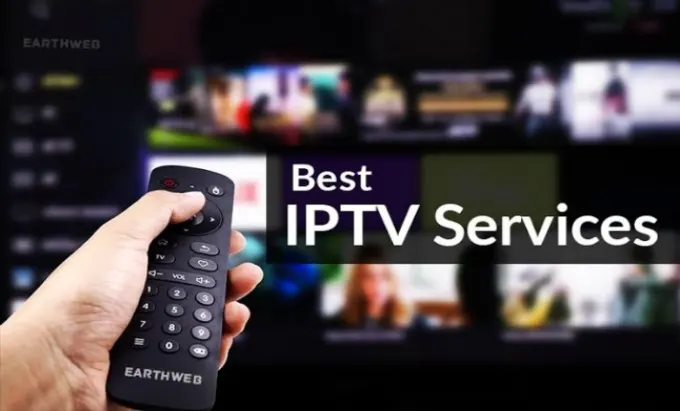In recent years, the landscape of television and media consumption iptv abonnement has undergone a profound transformation with the rise of IPTV (Internet Protocol Television) services. IPTV represents a significant departure from traditional broadcasting methods, offering consumers unparalleled flexibility, variety, and control over their viewing experiences. This article explores the evolution, advantages, and future prospects of IPTV services in the realm of modern entertainment.
What is IPTV?
IPTV utilizes Internet Protocol (IP) networks to deliver television content, whether live TV channels or on-demand programming, to users’ devices. Unlike traditional cable or satellite television, which relies on dedicated infrastructure, IPTV leverages broadband internet connections to stream media content directly to subscribers.
Evolution and Growth
The concept of IPTV emerged in the early 2000s, initially as a niche technology experiment. However, advancements in broadband internet speeds and the proliferation of smart devices such as smart TVs, smartphones, and streaming boxes have propelled IPTV into the mainstream. Today, IPTV services are offered by a multitude of providers globally, ranging from telecommunications giants to specialized streaming platforms.
Advantages of IPTV Services
- Flexibility and Customization: IPTV allows users to choose what they want to watch and when. With features like video on demand (VOD) and time-shifted media, viewers can access content at their convenience, eliminating the need to adhere to traditional broadcast schedules.
- Access Across Devices: IPTV services are compatible with a wide range of devices, including smart TVs, tablets, smartphones, and computers. This versatility enables users to enjoy their favorite shows and channels on the go or from the comfort of their homes.
- Interactive Features: Many IPTV platforms incorporate interactive features such as live chat, social media integration, and personalized recommendations based on viewing habits. These features enhance user engagement and create a more immersive viewing experience.
- Cost-Efficiency: Compared to traditional cable or satellite subscriptions, IPTV services often offer competitive pricing models, allowing consumers to pay for the channels and features they use most frequently.
- Global Accessibility: IPTV transcends geographical boundaries, making it possible for viewers worldwide to access international channels and content that may not be available through local broadcasters.
Challenges and Considerations
While IPTV presents numerous benefits, it also faces certain challenges:
- Internet Dependency: Reliable internet connectivity is essential for uninterrupted viewing, which can be a limitation in areas with poor broadband infrastructure.
- Content Licensing: Securing rights to broadcast content across multiple regions and complying with licensing agreements can be complex and costly for IPTV providers.
- Quality of Service: Ensuring consistent video and audio quality, particularly during peak usage times, requires robust infrastructure and technical expertise.
Future Trends
Looking ahead, the future of IPTV appears promising with several key trends:
- Integration with 5G Networks: The rollout of 5G technology promises to enhance streaming capabilities, offering faster speeds and lower latency, which could revolutionize IPTV experiences.
- Expansion of OTT (Over-The-Top) Services: As more viewers opt for OTT platforms, IPTV providers may integrate OTT content into their offerings to diversify their content libraries.
- AI and Personalization: Artificial intelligence algorithms will likely play a greater role in content recommendations and user interface design, enhancing personalization and user satisfaction.
Conclusion
IPTV represents a paradigm shift in the way we consume television and media content, offering unprecedented flexibility, interactivity, and global accessibility. As technology continues to evolve and consumer preferences evolve, IPTV services are poised to play an increasingly integral role in the future of entertainment.
Whether you’re a casual viewer or a dedicated media enthusiast, IPTV offers a compelling alternative to traditional broadcast models, promising a diverse and dynamic entertainment experience tailored to the digital age. As the industry continues to innovate, IPTV stands at the forefront of a new era in television viewing.

